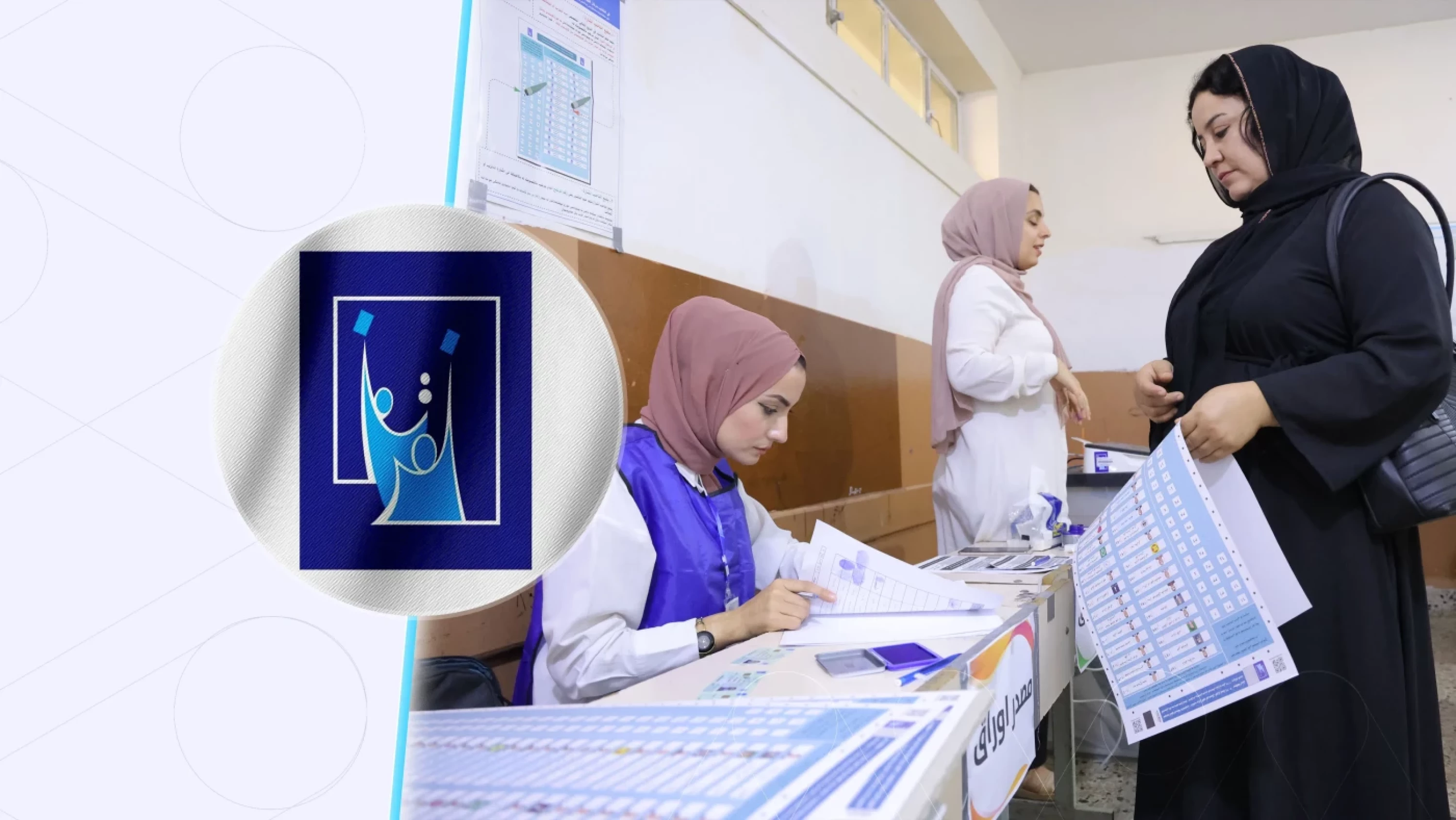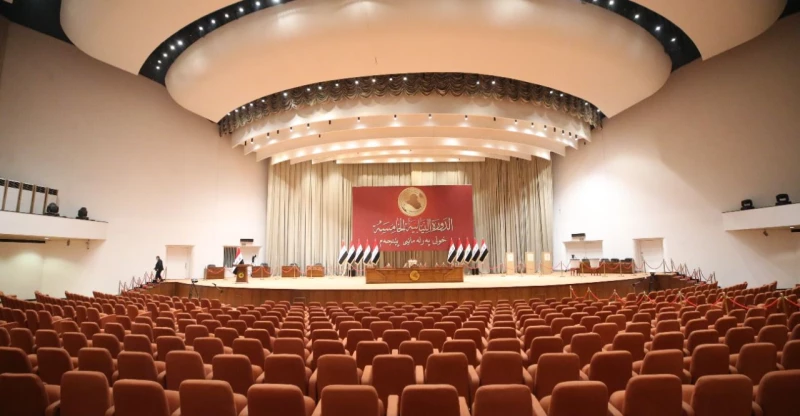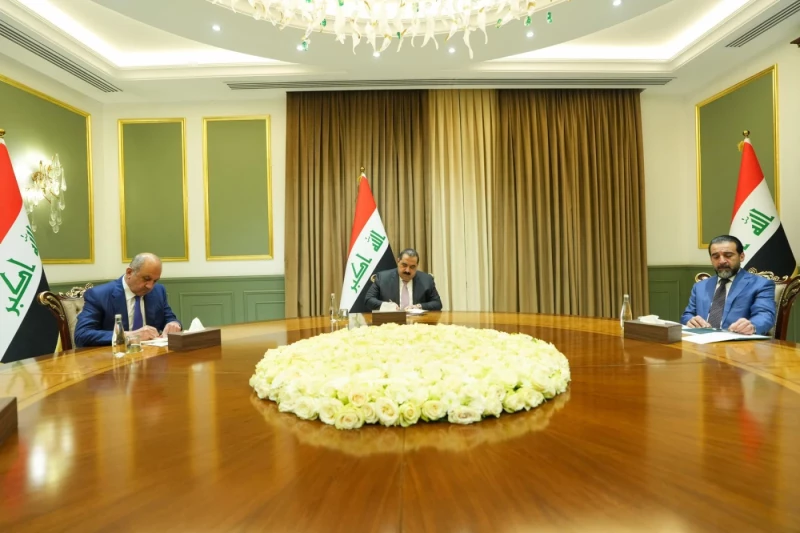ERBIL, Kurdistan Region of Iraq - Iraq’s electoral commission said on Friday that out of 21.4 million eligible voters, about 600,000 have not yet received their biometric voting cards ahead of the parliamentary elections, with a mechanism in place to continue distribution through election day.
Iraq is set to hold its parliamentary elections on Tuesday, where over 7,750 candidates compete for the 329 seats allocated across the provinces under a proportional representation system.
"The number of biometrically registered voters eligible to participate in the elections is 21.4 million, and only 600,000 of them have not yet received their cards,” a member of the Independent High Electoral Commission’s (IHEC) media team, Hassan Hadi Zayer, told the state-owned Iraqi News Agency.
Zayer added that special committees have been set up to distribute the remaining voter cards, including on election day, to “ensure that voters have every opportunity…to participate in the voting process.”
More than 2.8 million biometric voter cards have been distributed to newly registered voters, Zayer said.
He also noted that the electoralsilence period, which started at 7 am Saturday, entails the cessation “of all forms of campaigning for candidates and lists, whether in the media or on the ground.”
Iraq’s election campaign is under growing concern over political funding and media manipulation, with observers warning that some news coverage is paid for by candidates and presented as neutral. Critics say there is little transparency in media funding, and authorities lack effective mechanisms to monitor campaign spending.
The IHEC has overseen security preparations for more than six months, Zayer added, saying it also worked on developing plans to protect polling centers, ballot transport, and voters before, during, and after the voting day.
Iraq’s last parliamentary elections in October 2021 saw a record low turnout amid widespread public frustration.
Special voting is scheduled to take place a day after the silence period, where special forces and members of the security services, in addition to certain interally displaced persons (IDPs) will cast their votes.



 Facebook
Facebook
 LinkedIn
LinkedIn
 Telegram
Telegram
 X
X


